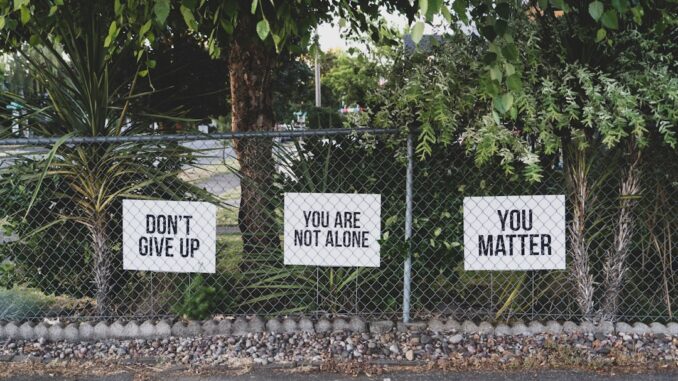
Embarking on the path to recovery from opioid addiction is a courageous and transformative journey. It’s not just about quitting; it’s about rebuilding your life, finding new purpose, and embracing a healthier future. Here’s how you can navigate this challenging yet rewarding process.
1. Seek Professional Medical Treatment
The first step is to consult healthcare professionals specializing in addiction. They can develop a personalized treatment plan tailored to your needs, which may include medications like methadone, buprenorphine, or naltrexone to manage cravings and withdrawal symptoms. Combining these medications with behavioral therapies enhances the effectiveness of treatment and supports long-term recovery. (cdc.gov)
2. Engage in Behavioral Therapy and Counseling
Therapies such as Cognitive Behavioral Therapy (CBT) and contingency management are commonly used to address the psychological aspects of addiction. These therapies help individuals understand the underlying causes of their addiction, develop coping strategies, and change harmful behaviors. Group therapy and family counseling can also provide vital support during recovery. (pecanhaven.com)
3. Build a Support Network
Surrounding yourself with supportive individuals is crucial. This network can include family, friends, and support groups like Narcotics Anonymous (NA). Engaging with a community that understands the challenges of addiction can significantly enhance the recovery process. (pecanhaven.com)
4. Adopt a Healthy Lifestyle
Incorporating regular exercise, balanced nutrition, and sufficient sleep can improve your physical and mental well-being. Exercise releases endorphins, which can help reduce stress and improve mood. Additionally, engaging in activities like yoga or meditation can help clear anxiety and bring about the peace needed to take on the day. (webmd.com)
5. Identify and Avoid Triggers
Recognize situations, places, or people that may lead to cravings or relapse. Develop coping strategies and find alternative activities to redirect your focus away from potential triggers. (opioidhelp.com)
6. Set Realistic Goals and Celebrate Progress
Establish attainable goals for your recovery journey. Celebrate small victories to maintain motivation and a positive outlook. Remember, recovery is a gradual process, and each step forward is a success.
7. Engage in New Hobbies and Interests
Discovering new activities can provide a sense of purpose and fulfillment. Whether it’s painting, hiking, or learning a musical instrument, finding hobbies that inspire you can help prevent negative emotions that contribute to a higher chance of relapse. (hcrcenters.com)
8. Consider Aftercare Services
After completing a rehabilitation program, ongoing support is vital. Aftercare services may include individual and group therapy sessions, 12-step meetings similar to Narcotics Anonymous, family support groups similar to Al-Anon, and alternative recovery meetings similar to SMART recovery. (recoverypartnernetwork.com)
Remember, recovery is a personal journey, and what works for one person may not work for another. It’s essential to find a path that aligns with your unique needs and circumstances. Stay committed, seek support, and believe in your ability to overcome addiction.
References
-
Centers for Disease Control and Prevention. (n.d.). Recovery is Possible: Treatment for Opioid Addiction. Retrieved from (cdc.gov)
-
Pecan Haven. (n.d.). What Does Recovery from an Opioid Addiction Involve? Retrieved from (pecanhaven.com)
-
Recovery Partner Network. (n.d.). Opioid use disorder. Retrieved from (recoverypartnernetwork.com)
-
HCRC. (n.d.). Life After Addiction – HCRC. Retrieved from (hcrcenters.com)
-
Opioid Help. (n.d.). 10 Tips for Getting Off Opioids. Retrieved from (opioidhelp.com)


Be the first to comment